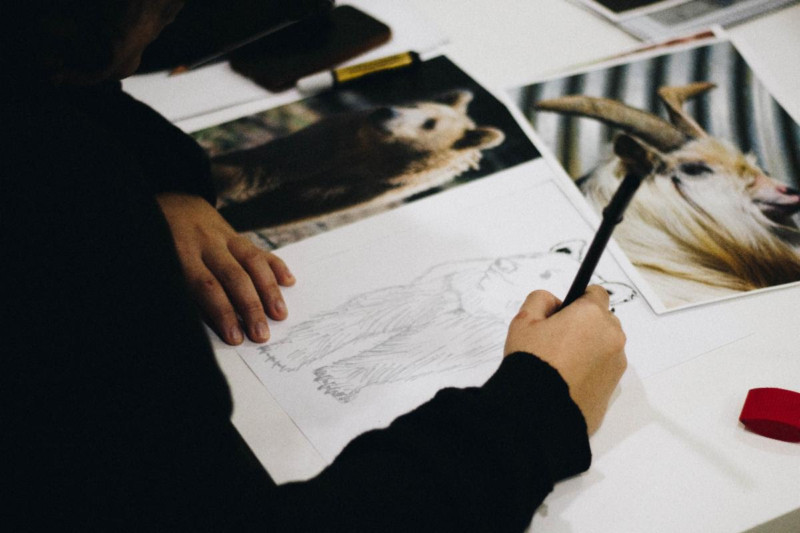Myths about copyright infringement abound. Many people believe they’re not infringing if they change the original by a certain percentage (sometimes as low as 10%), or if they copy less than a certain percentage of the original work (e.g., 30%).
Unfortunately, it’s rarely that easy to know when copying is infringing, and if you’re going by one of these fake “rules,” you’re likely to find yourself in a copyright infringement lawsuit.
When determining whether someone’s work infringes someone else’s, the first question is, was there copying? If not, there’s no infringement, because copyright law doesn’t punish independent creation of a work, even if it’s identical to someone else’s.
To complicate what seems like a clear-cut rule, though, the copying doesn’t have to be intentional. Subconscious copying is still copying for purposes of the copyright law.
Copying, however, is not always infringing; it’s infringing only if the copied parts are protected by copyright and if the two works are “substantially similar.” There is no bright-line here – different courts use different tests, and none of them are as simple as a percentage.
You might think none of this matters because your work is “fair use,” but the term “fair use” isn’t even defined by the copyright statute. Rather, the statute says that in order to determine whether copying is fair use, at least the following four factors must be considered:
1. The nature of the original work;
2. The nature and purpose of the use, including whether it is for commercial use or for nonprofit educational purposes and whether the use is “transformative” (adding something new);
3. The amount and substantiality of the portion used in relation to the original work as a whole; and
4. The effect the copying would have on the market for, or value of, the original work.
As you can see, there are no “bright line” rules defining fair use, either. Rather, a court must weigh various factors on a case-by-case basis. Even the courts have difficulty coming to an agreement on whether a use is a fair one.
Plus, fair use is merely a defense to a lawsuit, which means that you will have to spend time and money defending that suit. Unless you can prove the case was frivolous, you will not be entitled to recover your expenses.
In most cases, instead of relying on fair use, it would be more sensible to initially contact the copyright owner and request permission to use the work, either for free or for a payment. If music is involved, there may be a so-called “compulsory license,” but this license only covers certain situations and requires strict adherence to the rules.
Please feel free to contact us if you’re in doubt as to whether your copying of someone else’s work – or their copying of your work – is likely to be found a fair use or an infringement, or if you need help obtaining a license to use someone else’s work.
Photo by Thiago Batetta on Unsplash






